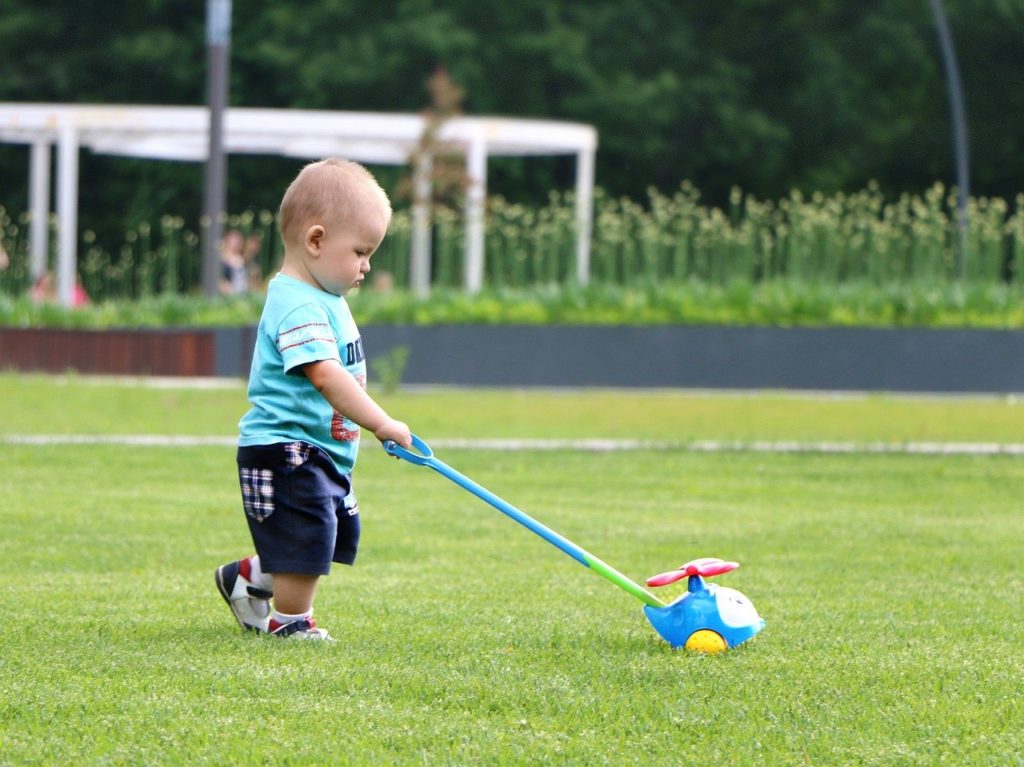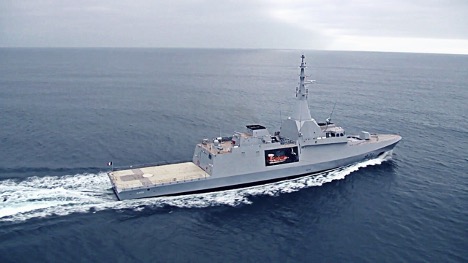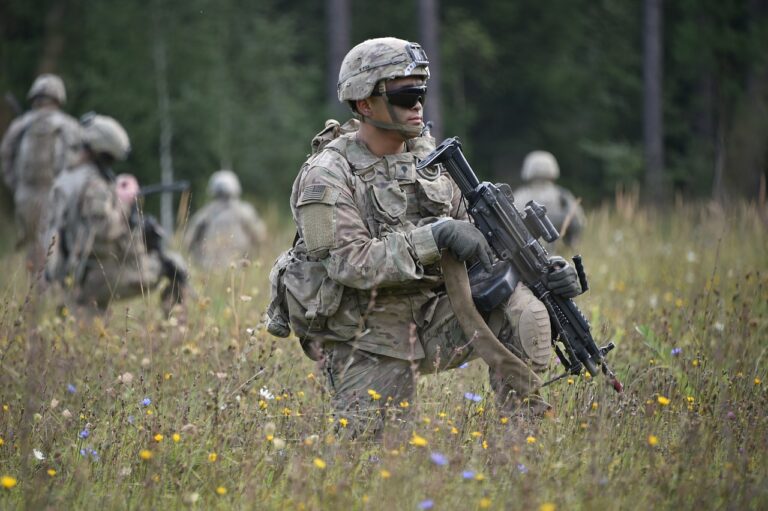MORE FROM – Nicola Seguin · CBC News · Posted: Dec 05, 2021 6:50 PM AT | Last Updated: December 5, 2021
More Broken Helicopter – ANOTHER ARTICLE BY NICOLA SAQUIN with ‘National Post’ content. – With Expert Input by Michael Byers. Mr Byers holds the Canada Research Chair in Global Politics and International Law at the University of British Columbia.
‘We need to get it right. And so far, it’s all going wrong’: UBC defence policy analyst”. Cracks in the tails of 19 Royal Canadian Air Force Cyclone helicopters are a cause for concern, says an expert.
National Post Publishing date:Jan 08, 2014
Our Conservative prime minister could have finally set aside the Liberals’ discredited and dangerous Cyclone procurement. He could have returned to the course so wisely charted by Brian Mulroney — and so foolishly abandoned by Jean Chrétien. This takes us to the Indian government, who had recently canceled its contract for AW101s. The AgustaWestland ‘Merlin’ that was widely regarded as the best maritime helicopter in the world. Stephen Harper could have seized the opportunity to obtain bargain-priced, world-class AW101s in very short order. The AW101, the latest version of the EH101 — is the helicopter that Canada uses for maritime search and rescue. Canada could also be using the EH101 on its destroyers and frigates, had Jean Chrétien not cancelled a $5-billion contract in 1993, and added $478-million in cancellation penalties. The AW101 which is currently in service with the British Royal Navy, the Italian Navy and the Japan Maritime Self-Defense Force. And, Norway who contracted to buy 16 of the helicopters. “Each of the Cyclone helicopters Canada purchased, costs more than $150 million, and the oldest helicopter in the fleet is only five years old,” “So the fact that there is this problem does raise some very serious concerns as to the quality of the helicopters, and the safety of the helicopters.”
CBC News · Posted: Dec 05, 2021 6:50 PM AT | Last Updated: December 5, 2021
Only two of Canada’s 23 Sikorsky CH-148 Cyclone helicopters are currently fit to fly. The rest of the multibillion-dollar fleet is in need of repair. On Nov. 26, cracks were found in the tail of one of the helicopters at 12 Wing Shearwater in Dartmouth, N.S. Because of this, the rest of the fleet was examined and most of the helicopters were found to be compromised. On Saturday, the Department of National Defence (DND) said just four of the Cyclones were affected, but after further questions from CBC News, it was revealed there are actually 19 with cracks. Two helicopters have been out of service due to other matters,
“I’m concerned about the limited news that we have so far,” Byers said. “This appears to be a fleet wide problem…. That’s obviously an issue in terms of Canada’s capabilities. These are the helicopters that go on our frigates and are an essential part of our maritime ability.”
Ken Hansen, an independent defence and security analyst and former navy commander, said the cracks were likely caused by the significant power that is used when the Cyclones land and take off. “The engines that Canada had put into that aircraft were 25 per cent more powerful than the engines that were in the design aircraft, so that’s even more power and more force,” Hansen told CBC Radio’s Information Morning Halifax on Monday.
In the early 2000s, the CH-148 Cyclone model was chosen to replace the RCAF’s five-decade-old CH-124 Sea Kings. Considered a “developmental” helicopter, The original contract with Sikorsky was signed when the Cyclone was a still a “paper aircraft” that existed only in design. (National Post). Canada has the only Cyclones in the world.
(National Post)
The procurement of the Cyclones has been heavily criticized, with former Conservative defence minister Peter MacKay calling the Cyclone program the “worst procurement in the history of Canada.” The original 2004 budget for the Cyclone’s procurement was $3.2 billion, but the number grew to $5.7 billion by 2014. According to the DND, “the cost for major in-service support until 2038 is $5.8 billion.” Canada is still waiting for five Cyclones to be delivered.
“We’re spending upwards of $5 billion on this particular small fleet of helicopters, so we need to get it right. And so far, it’s all going wrong,” Byers said.
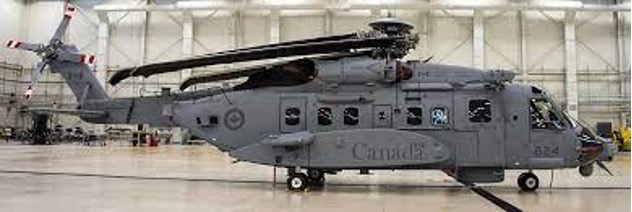
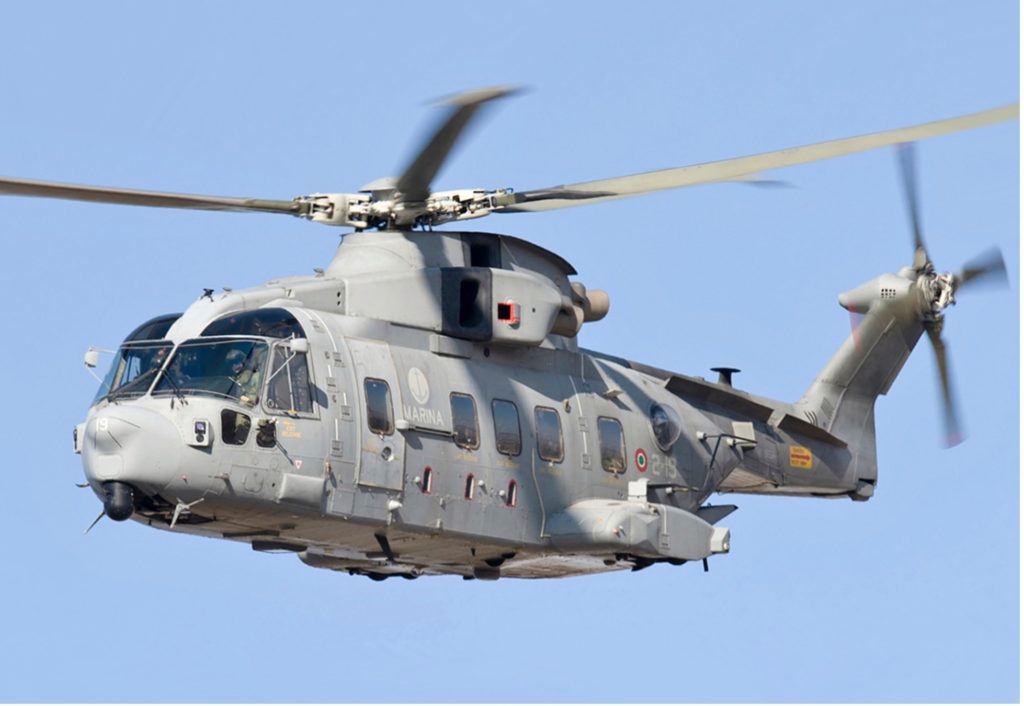
A bunch of lemons?’
Byers said since the Cyclones are new, they should not be having such significant and widespread problems.
“Have we bought a bunch of lemons? Is this a flawed aircraft that will require billions and billions of dollars of additional taxpayer money to keep safe and to keep operational?”
Byers said it’s a good sign that the aircraft have been grounded, and the worst-case scenario would be if the air force tried to “muddle through” to avoid further criticism of the Cyclones.
“The Canadian military needs to get to the bottom of this, it needs to fix the problem and it needs to be fully transparent throughout that process because these are the lives of young men and young women that are put at risk every time these aircraft fly,” he said.
Hansen, the former navy commander, was part of the committee that recommended buying the aircraft. He said he stands by the recommendation.
Hansen, the former navy commander, was part of the committee that recommended buying the aircraft. He said he stands by the recommendation. “This aircraft is light years ahead of the old Sea King … this aircraft will go on to have a very successful career,” Hansen said. “I have absolutely no doubt because it represents such a quantum leap in capability. This will get sorted out and they’ll get back to sea.”
The department says it hopes to have some of the helicopters back in the air within the next few days.
